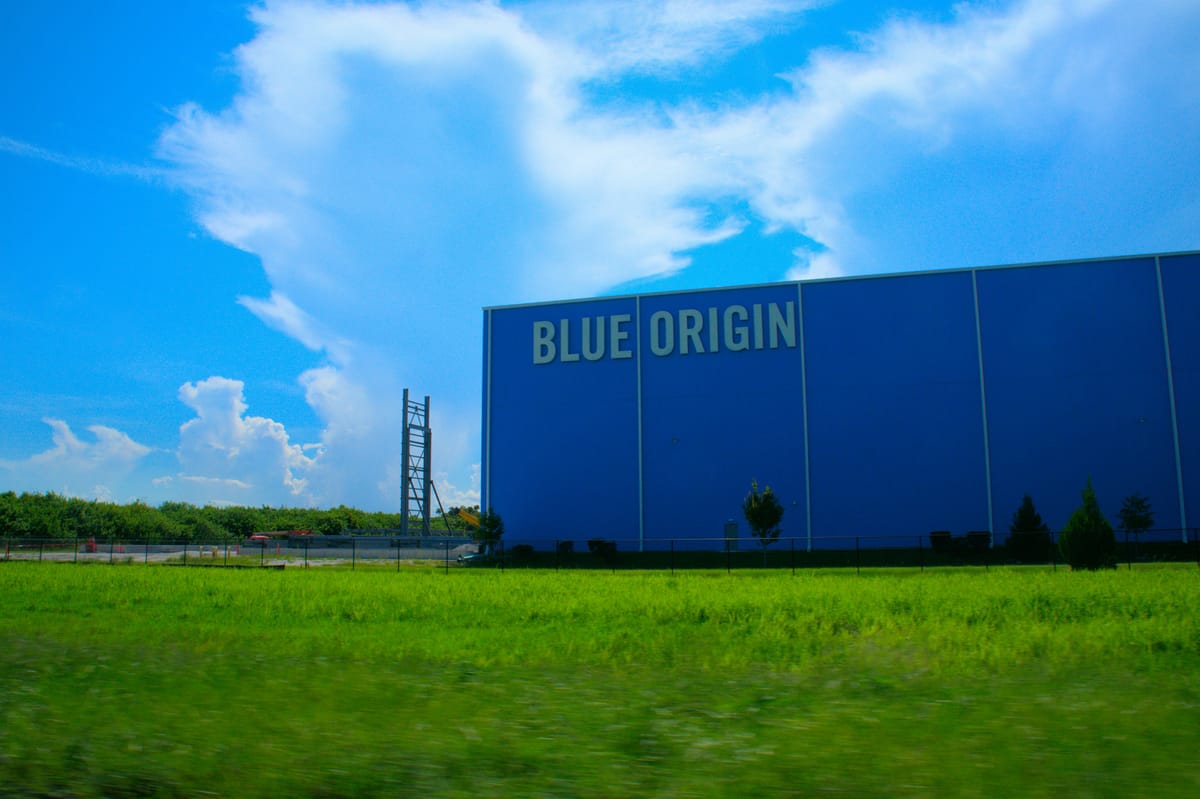Blue Origin's New Glenn Faces Another Setback as Leadership Exodus Threatens Timeline
Blue Origin's ambitious New Glenn orbital rocket program has encountered another significant delay, with the second test flight now pushed to fall 2024 amid a concerning exodus of key program leadership. The setbacks raise questions about the company's ability to compete effectively in the increasingly crowded commercial space launch market.
Leadership Departures Signal Deeper Program Challenges
The New Glenn program has been hemorrhaging experienced leadership over the past quarter, with several senior engineers and program managers departing for competitors including SpaceX, Relativity Space, and United Launch Alliance. Sources close to the program indicate that frustrations over development pace, resource allocation, and strategic direction have contributed to the talent drain.
Among the notable departures is the program's deputy director of propulsion systems and two senior systems engineers who had been with the project since its inception in 2016. These losses come at a critical juncture as Blue Origin attempts to finalize the rocket's complex BE-4 engine integration and autonomous flight termination systems.
The timing couldn't be worse for Blue Origin, which has already faced scrutiny over its delayed BE-4 engine deliveries to United Launch Alliance's Vulcan rocket program. The same engines power New Glenn's first stage, and any additional technical challenges could cascade across multiple programs.
Technical Hurdles Mount for Orbital Ambitions
New Glenn represents Blue Origin's most ambitious project to date – a partially reusable heavy-lift rocket designed to compete directly with SpaceX's Falcon Heavy and eventually Starship. Standing 320 feet tall with a 23-foot diameter, the rocket is designed to deliver up to 45 metric tons to low Earth orbit.
However, the program has encountered several technical challenges that have contributed to the latest delay. Ground testing of the seven-engine BE-4 cluster has revealed vibration issues that require additional analysis and potential hardware modifications. The rocket's sophisticated landing system, which aims to recover the first stage on a drone ship similar to SpaceX's approach, has also required more development time than originally anticipated.
The autonomous flight termination system, mandated by the FAA for launches from Cape Canaveral, has proven particularly complex to integrate with New Glenn's flight computers. This system must be capable of safely destroying the rocket if it deviates from its planned trajectory, requiring extensive testing and certification.
Market Pressures Intensify Competition
The delays occur as the commercial launch market becomes increasingly competitive. SpaceX continues to dominate with its Falcon 9 and Falcon Heavy rockets, completing over 90 successful launches in 2023 alone. Meanwhile, new entrants like Relativity Space and Rocket Lab are expanding their capabilities, and established players like ULA are preparing next-generation vehicles.
Blue Origin's National Security Space Launch (NSSL) Phase 3 contract, worth potentially billions of dollars, depends partly on New Glenn's successful demonstration of operational capability. Each delay reduces the company's competitive position and could impact future contract awards from both government and commercial customers.
The company has already secured several high-profile contracts contingent on New Glenn's successful operation, including launches for Amazon's Project Kuiper satellite constellation and NASA's Artemis program support missions. These commitments add pressure to resolve current technical and organizational challenges quickly.
Financial Implications and Strategic Repositioning
Industry analysts estimate that each month of delay costs Blue Origin tens of millions of dollars in development expenses while potentially losing revenue opportunities to competitors. The company, primarily funded by Amazon founder Jeff Bezos, has invested over $10 billion in its space ventures since 2000.
The leadership departures also represent a significant loss of institutional knowledge and could slow problem-solving efforts. Replacing experienced aerospace engineers in today's competitive job market typically takes months, further extending development timelines.
Path Forward Requires Stabilization
Blue Origin faces a critical need to stabilize its New Glenn program leadership while addressing the technical challenges that have caused repeated delays. The company must balance thorough testing and safety validation with market pressures to begin operations.
Success with New Glenn remains crucial for Blue Origin's long-term viability as a major space company. The rocket represents the bridge between the company's current suborbital tourism business and its ultimate goal of supporting permanent human presence in space.
The fall 2024 timeline now represents a make-or-break moment for New Glenn. Further delays could significantly damage Blue Origin's credibility with customers and partners, potentially relegating the company to a secondary role in the commercial space industry it once aimed to lead.
